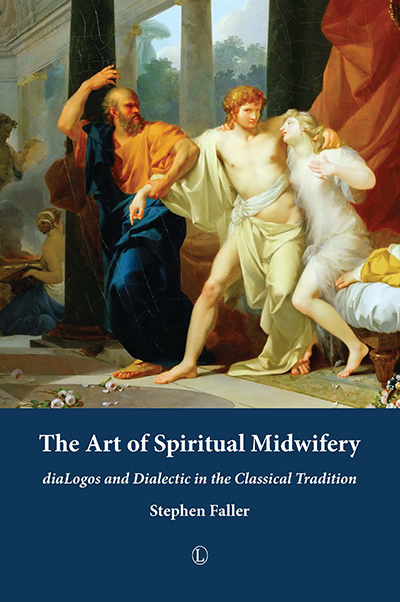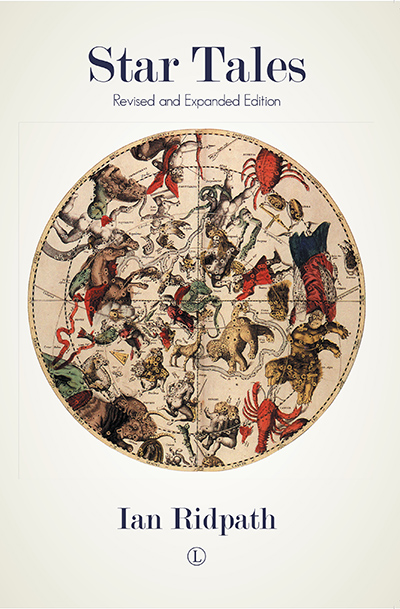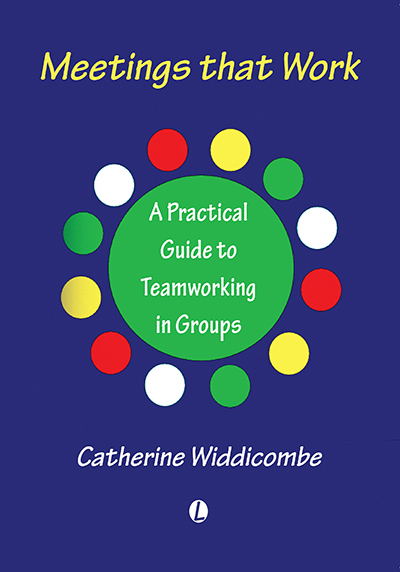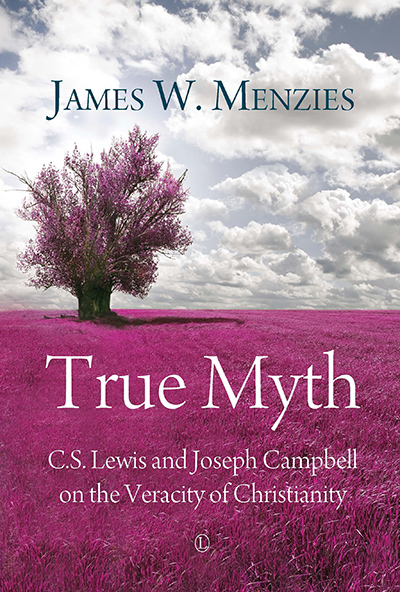Description
What comes after reflective listening? What comes after the ministry of presence? Spiritual midwifery is a powerful framework for offering pastoral care in today’s fast-paced environment. Midwifery offers ways of thinking about those who are served, the work itself, and what it means to be a clinical caregiver within the tradition of the care of souls. Spiritual midwifery has philosophical and spiritual roots that stem from the earliest seeds of Western thought, even back to Jesus and Socrates.
Readers will find an inductive approach toward a conceptual model that offers insight for richer assessments and outcome-oriented goals of care. Part One sets out the metaphors of the midwife and the dialogue. Part Two unpacks the methodology behind the mechanics. Part Three looks at creative applications of midwifery, and is followed by a Symposium patterned after Plato’s own Symposium.
A rigorous theory remains at the centre of the work, but the tone is poetically balanced enough to invite the transformation of the spiritual caregiver. From the philosophy of Heraclitus to the theology of Kierkegaard to the spiritual direction of Guenther, The Art of Spiritual Midwifery brings forth a comprehensive conception of pastoral care and its delivery.
About the Author
Stephen Faller is a Board Certified Chaplain and a Clinical Pastoral Education Supervisor as a Diplomat of the College of Pastoral Supervision and Psychotherapy in Hopewell, NJ. He is the author of Beyond the Matrix (2004) and Reality TV (2009).
Contents
Attunement
Part I: Poetics, Aesthetics, and Ethics
1. The Midwife
2. The Baby
3. Medicine and Dialogue
Part II: Physique and Physics
4. The How and the What
5. The Pangs of Socratic Irony
6. Seduction, Surrender, and Negation
7. Inductive Logic and Being Induced
Part III: Immanence and Emanations
8. Lighting and Dark Sayings
9. The Center
10. Precepts, Forceps, and Applications
Afterward and Afterword: The Symposium
Bibliography
Endorsements and Reviews
Stephen Faller’s new book … introduces us to the practice of spiritual midwifery in a way that restores it to its proper place, not as an historical spiritual activity that has ‘had its day’, but as an important and fascinating spiritual practice that has much relevance for how we seek to birth contemporary Christian spirituality … [I]n opening up this fascinating aspect of the care of souls Faller provides deep and captivating insights that have real potential for contemporary pastoral care.
John Swinton, Chair in Divinity and Religious Studies, University of Aberdeen
It offers deep reflection and makes interesting connections between philosophical thought and the practice of ministry within the author’s workplace.This is not primarily a source of practical ideas for ministry; rather it is a text which encourages reflexivity in the reader and gives tools to encourage the reader’s distinctive creative approach to come to birth.
Marion Chatterley, in Health and Social Care Chaplaincy, Vol 2, Issue 5
Faller establishes his points via thoughtful and engagingly artistic interaction with his sources, both ancient and more modern. He offers interesting quotes from a variety of quite unusual and secular sources including the Chinese philosopher, Lao Tzu.
Dr V. J. Davidson, in Asian Journal of Pentecostal Studies Vol 20, No1, 2017






